Forex trading is becoming increasingly popular as a source of income and investment. With this growth comes the demand for skilled traders who can navigate the complexities of the market and turn a profit.
However, the road to becoming a skilled forex trader is not an easy one. It requires dedication, hard work, and a significant time investment.
Contents
Considering the importance of learning forex trading, it’s natural to wonder: how long does it take to learn forex? Unfortunately, there is no straightforward answer to this question.
The duration it takes to learn and master forex trading varies depending on several factors.
In this article, we will explore the time investment required to learn forex trading and the factors that can influence the learning duration.
We will also provide insights into the process of learning forex trading, effective strategies to expedite the learning process.
And the importance of practice, discipline, and experience in the journey of mastering forex trading.

How long does it take to learn forex?
The time it takes to learn Forex trading can vary widely depending on several factors, including your prior knowledge of financial markets.
Your dedication to learning, the resources you use, and your ability to apply what you’ve learned. Here are some general considerations:
Basic Understanding: If you are completely new to financial markets, it may take a few weeks to get a basic understanding of how Forex markets work, including concepts like currency pairs, exchange rates, and basic trading strategies.
Education and Training: Learning Forex involves studying various aspects such as technical analysis, fundamental analysis, risk management, and trading psychology.
Formal education through online courses, books, and tutorials can help speed up the learning process. This phase might take several months.
Demo Trading: Many traders recommend spending a significant amount of time on a demo account before trading with real money.
This allows you to practice your strategies and gain practical experience without risking your capital.
The length of time spent on a demo account varies from person to person but could range from a few months to a year or more.
Experience with Real Money: Trading with real money introduces a different set of emotions and challenges.
It’s important to start small and gradually increase your trading size as you gain confidence and experience.
This phase could take several months to years, depending on your progress and how much time you dedicate to trading.
Continuous Learning: Forex markets are dynamic, and staying updated with market trends, economic indicators, and geopolitical events is crucial.
Continuous learning is a lifelong process for successful traders.
Key Takeaways:
- The duration it takes to learn forex trading depends on various factors, including the learning curve, training duration, knowledge acquisition time, and skill development timeframe.
- Typically, it takes several months to a few years to become proficient in forex trading and develop expertise in the field.
- Learning forex trading on your own can take longer than learning with a mentor, but both approaches have advantages and disadvantages.
- Effective strategies to expedite forex learning include setting realistic goals, using demo accounts, seeking feedback, and continuous learning.
- Practice, discipline, and experience are vital components of mastering forex trading and shortening the learning duration.
Factors Affecting Forex Learning Duration
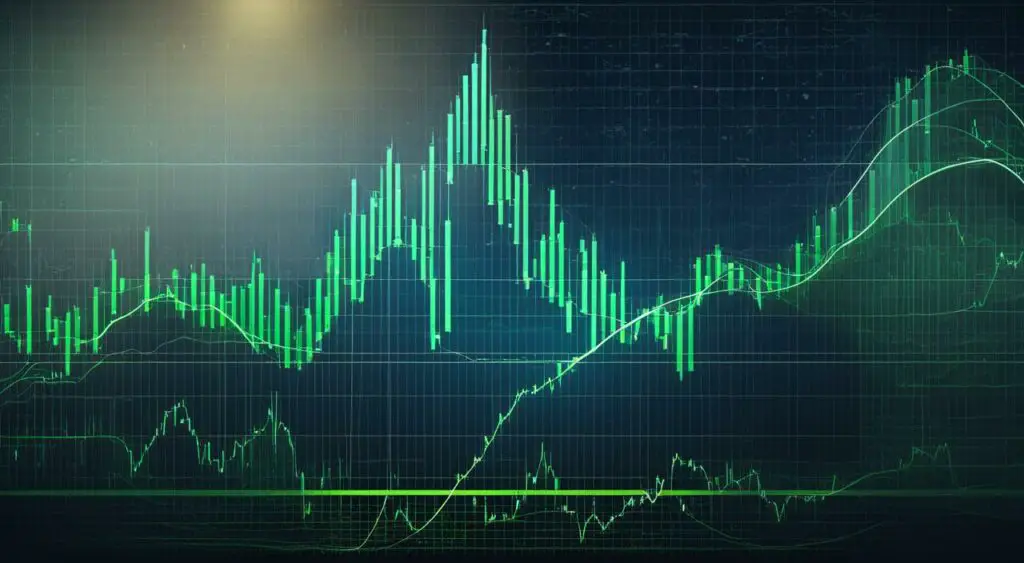
There are several factors that can influence the duration of learning forex trading.
Understanding these factors can help beginners to better plan their learning journey and develop realistic expectations regarding their progress.
Some of the key factors that impact forex learning duration include:
Forex Learning Curve
The forex learning curve refers to the time it takes beginners to understand the basics of forex trading.
It is during this initial learning period that traders gain a foundational knowledge of the market, including the major currency pairs, market terminology, and basic trading strategies.
Depending on the individual, this learning curve can take anywhere from a few weeks to several months.
Forex Training Duration
Formal forex training can be an excellent way to accelerate the learning process. However, the duration of this training can vary depending on the course or program selected.
Some traders may opt for an intensive, full-time course that lasts just a few weeks, while others may choose a part-time or self-paced course that spans several months.
Forex Knowledge Acquisition Time
The time it takes to acquire a comprehensive understanding of forex trading can also impact the learning duration.
While some traders may grasp the basic concepts relatively quickly, others may require additional time to master more complex strategies and techniques.
Forex Skill Development Timeframe
Forex trading requires a range of skills, including the ability to analyze market trends, understand technical indicators, and manage risk effectively.
The duration it takes to develop these skills can vary widely depending on the individual trader’s experience, discipline, and natural aptitude for trading.
Overall, these factors can significantly influence the duration it takes to become proficient in forex trading.
By taking the time to plan their learning journey and consider these factors, traders can develop a more realistic understanding of their learning timeframe.
Learning Forex Trading Process
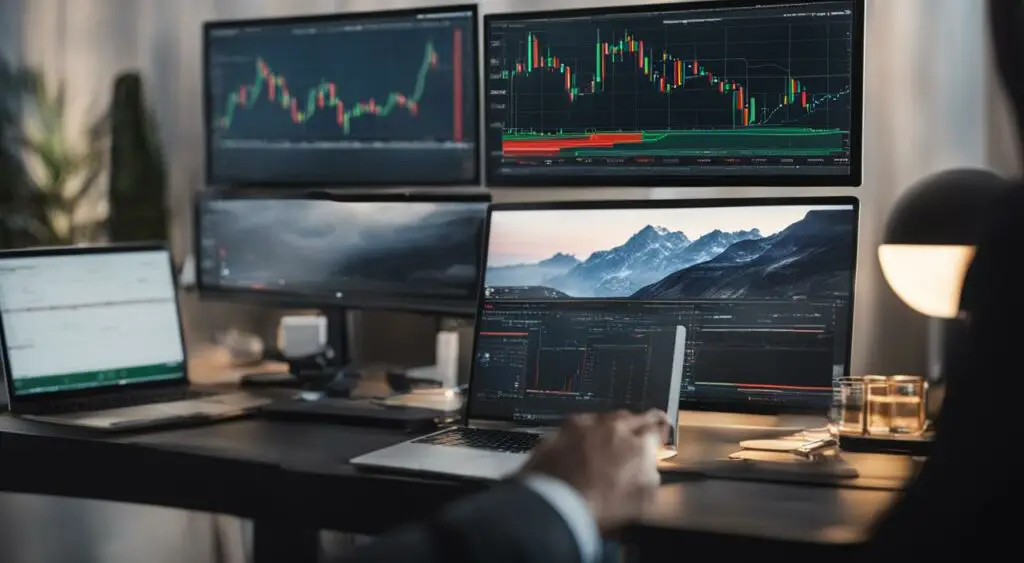
Learning forex trading can be a challenging and time-consuming process. It requires dedication, discipline, and a willingness to continuously learn and improve.
Forex learning duration can vary depending on various factors such as the individual’s learning pace, the effectiveness of the learning approach, and the amount of time invested.
A forex education timeline typically follows a progressive trajectory, starting from the basics and then moving towards mastering advanced forex skills.
Mastering forex skills is a crucial aspect of forex learning. It involves understanding the various trading strategies, technical analysis, and fundamental analysis.
The following table showcases the typical forex education timeline, including the duration required for mastering different aspects of forex trading:
| Forex Learning Duration | Skills | Duration |
|---|---|---|
| Basic Forex Education | Forex Terminology | 1-3 Months |
| Intermediate Forex Education | Technical Analysis | 3-6 Months |
| Fundamental Analysis | 3-6 Months | |
| Trading Strategy Development | 6-12 Months | |
| Advanced Forex Education | Algorithmic Trading | 12-24 Months |
| Forex Mentoring | 12-24 Months |
It’s essential to note that the above durations are indicative and can vary depending on an individual’s learning pace and the effectiveness of the learning approach.
Mastering forex skills requires continuous and consistent effort. Learning forex duration can be optimized by adopting effective learning strategies such as taking relevant courses, attending webinars.
And reading forex books and articles. It’s also essential to practice trading consistently and engage in real-world trading experiences.
This can help develop trading strategies and gain practical experience with trading tools.
Timeframe for Proficiency in Forex Trading
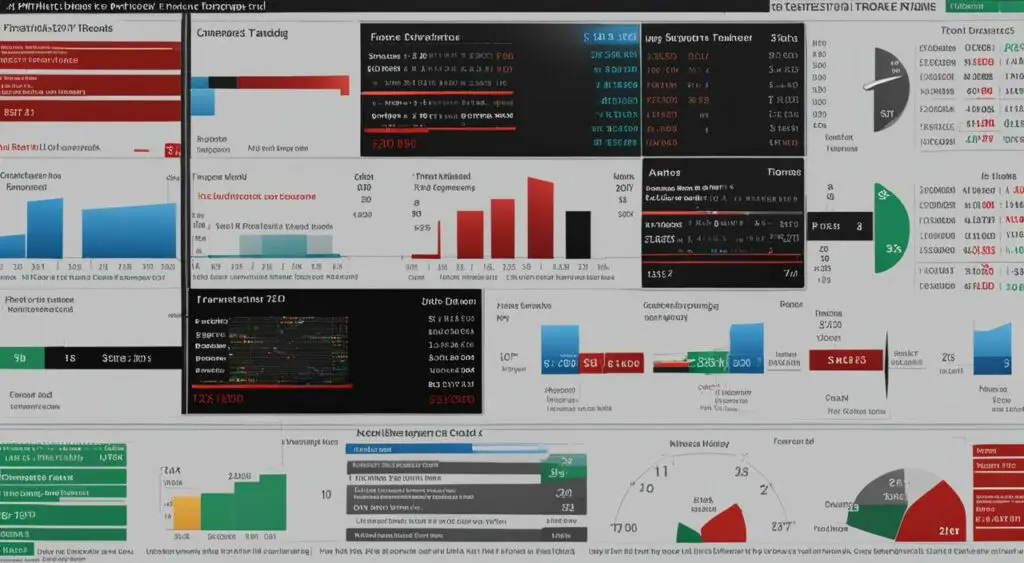
The timeframe for achieving proficiency in forex trading can vary depending on several factors.
One of the major factors is the amount of time spent on acquiring knowledge and skills relevant to forex trading.
It takes time to gain a thorough understanding of the forex market and its intricacies.
According to research, it can take anywhere from six months to three years to become proficient in forex trading.
This time frame can also depend on the individual’s aptitude for learning and the amount of effort they put into the learning process.
Some individuals may take longer to develop proficiency, while others may get there faster.
Forex knowledge acquisition is an ongoing process that requires continuous learning and honing of skills over time.
It is not a process that can be rushed or hurried.
By putting in consistent effort, traders can gradually enhance their understanding of forex trading and improve their proficiency in the field.
Forex Skill Acquisition Duration
The duration of acquiring forex trading skills can vary depending on the learning approach adopted by the trader.
Self-directed learning can take longer than learning with the guidance of a mentor or coach.
Mentorship can accelerate the learning process and help traders avoid common mistakes that new traders may make.
It is also worth noting that forex trading is not a one-size-fits-all approach. Different traders have different trading styles and strategies that work best for them.
Therefore, the time it takes to become proficient in forex trading can also depend on the individual’s trading style and their level of comfort with that trading style.
In conclusion, the timeframe for proficiency in forex trading is not set in stone.
It varies depending on several factors such as the amount of effort put in, the individual’s learning approach, and their trading style.
By committing to continuous learning and consistently improving their skills, traders can shorten the duration of time it takes to achieve proficiency in forex trading.
Learning Forex Trading on Your Own vs. with a Mentor
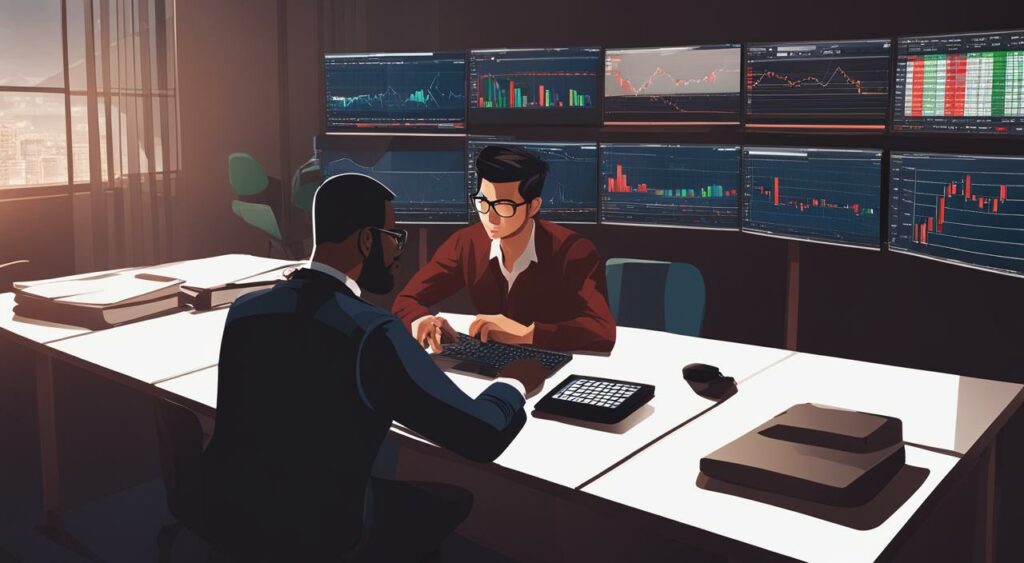
One of the decisions that can significantly impact the duration of learning forex trading is whether to learn on your own or with the guidance of a mentor.
Learning forex trading on your own can take longer as you have to navigate the learning curve alone.
Acquire knowledge at your own pace, and develop your own strategy through trial and error.
According to Forex Education, it can take anywhere between six months to several years to become proficient in forex trading if you’re learning on your own.
On the other hand, seeking the guidance of a mentor or a trading coach can expedite the learning process and reduce the time required to master forex trading.
A mentor can provide personalized guidance, share their own experience, and help you avoid common mistakes that can slow down your progress.
In fact, according to a study by the Global Forex Institute, mentored traders perform better and become profitable faster than those who learn on their own.
| Learning on Your Own | Learning with a Mentor |
|---|---|
| Trial and error approach | Personalized guidance |
| Navigating the learning curve alone | Shared experience |
| No immediate feedback on your progress | Instant feedback and corrections |
| Longer learning duration | Shorter learning duration |
Ultimately, the choice between learning on your own or with a mentor depends on your learning style, resources, and preferences.
While learning on your own can be more affordable, it requires more patience, discipline, and time investment.
On the other hand, learning with a mentor can be more expensive, but it can provide a more efficient and effective learning experience, enabling you to become proficient in forex trading quicker.
Regardless of your decision, keep in mind that the duration of learning forex trading depends on various factors, such as your skills, dedication, and commitment to continuous learning and practice.
By consistently applying effective learning strategies and managing your emotions and risks, you can shorten your learning duration and accelerate your progress towards becoming a successful forex trader.
Effective Strategies to Expedite Forex Learning
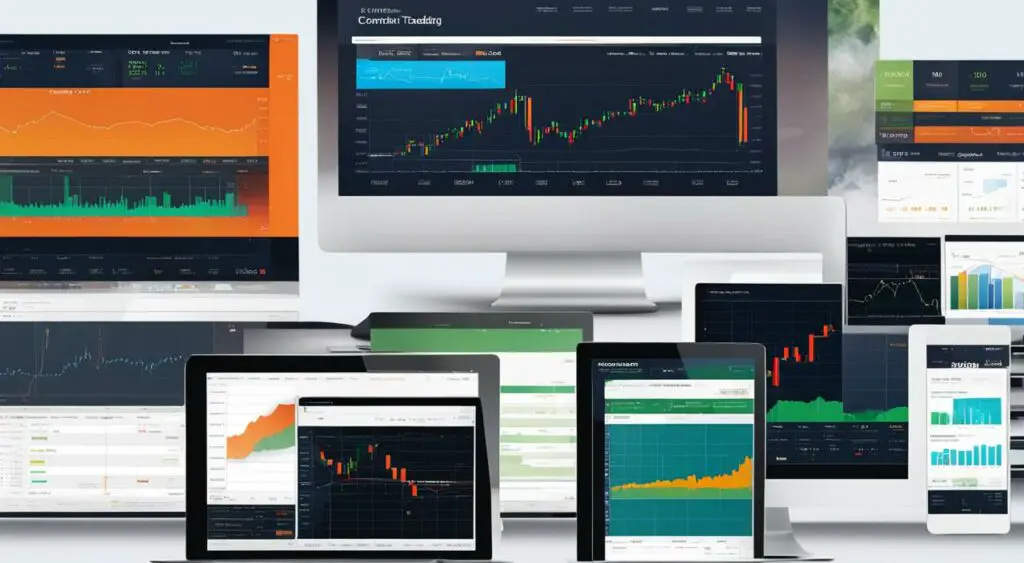
The duration it takes to learn forex trading can vary depending on various factors.
However, there are effective strategies that can help expedite the learning process and reduce the time required to master forex trading.
1. Set Realistic Goals and Objectives
One of the effective ways to expedite the forex learning process is by setting realistic goals and objectives.
This helps the learner to develop a clear roadmap, prioritize what needs to be learned, and remain focused on the end goal.
2. Utilize Online Forex Resources
The internet contains a wealth of resources that can help the learner study and grasp forex concepts quickly and efficiently.
Online forums, educational videos, webinars, and eBooks are excellent resources that can help the learner understand forex trading fundamentals and expedite the learning process.
3. Practice Consistently with a Demo Account
Practice is essential to master forex trading, and utilizing a demo account can facilitate the learning process.
Consistent practice helps the learner to develop their skills, test new strategies, and learn from their mistakes without risking real money.
4. Work with a Mentor or Forex Expert
Working with a mentor or forex expert can significantly expedite the learning process. They can provide guidance, insights.
And feedback on trading strategies and techniques, helping the learner to learn from their experience and avoid common mistakes.
5. Learn from Successful Forex Traders
Another effective strategy is to learn from successful forex traders.
Following the trading strategies and techniques of successful traders can provide insights into their trading methods and decision-making processes.
Helping the learner to develop their own trading style.
6. Prioritize Risk Management and Emotional Control
Effective risk management and emotional control are essential to master forex trading.
The learner should prioritize learning these skills and develop proper risk management strategies and emotional control techniques to minimize losses and maximize gains.
The Importance of Practice, Discipline, and Experience in Forex Learning

Learning forex trading can be a challenging and time-consuming process. To become proficient in forex trading, aspiring traders need to invest time, effort, and patience.
However, there are certain strategies that can significantly reduce the learning duration and expedite the process.
Patience is a crucial attribute required in the forex trading learning process. Forex trading is a complex field that demands time and effort to master.
Therefore, traders need to be patient and avoid being discouraged by setbacks. Consistent, focused effort can help traders achieve their learning goals and become forex experts.
Another important factor is practice. Forex trading is a skill that requires practice to master. Traders need to dedicate time to trading in a demo account to hone their trading skills and strategies.
This can help traders gain confidence and improve their decision-making abilities. Discipline is also essential in the forex trading learning process.
Traders need to have a disciplined approach to their trading activities. They need to stick to their trading plan and avoid impulsive decisions.
This can help traders develop a consistent approach to trading and avoid making costly mistakes.
Experience is the ultimate teacher in forex trading. Traders need to gain real-world experience by trading in live markets.
This can help traders develop a deeper understanding of market dynamics and improve their trading strategies.
It is important to start with small trades and gradually increase exposure to live trading to avoid risking large amounts of capital.
Overall, patience, practice, discipline, and experience are key factors in shortening the learning duration and achieving proficiency in forex trading.
By implementing these strategies, traders can improve their trading skills, become experts in the field, and achieve their forex trading goals.
Risk Management and Emotional Aspects in Forex Learning

The journey of learning forex trading is not just about acquiring the necessary knowledge and skills, but also about managing risks and emotions.
Effective risk management is crucial in forex trading, and beginners need to understand the importance of limiting potential losses.
Traders need to develop a disciplined approach to trading, ensuring they follow their trading plan and strategy while avoiding impulsive decisions.
Emotions can often take over and lead to irrational trading decisions, which can result in significant losses.
As traders gain experience, they understand that losses are a natural part of trading and can occur even with the best strategies.
Managing emotions during such times is critical, and traders need to stay focused on their long-term goals.
The Learning Curve
The learning curve of forex trading involves understanding the role of risk management and emotions in successful trading.
New traders often make the mistake of focusing solely on profits and overlook the importance of managing risks.
It is crucial to develop a risk management plan that includes setting stop-loss orders to limit potential losses.
Traders should also avoid overtrading, which can lead to emotional exhaustion and poor decision-making.
With time and experience, traders can develop a more intuitive understanding of potential risks and how to manage them effectively.
This can help reduce the learning curve and improve the overall success rate in forex trading.
The Role of Experience
Experience plays a critical role in forex trading, particularly in managing risks and emotions.
Traders need to gain practical experience in managing their trades, analyzing market trends, and implementing effective risk management strategies.
Experienced traders understand that losses are an inevitable part of trading and learn to manage their emotions during such times.
They also develop a more strategic approach to forex trading, focusing on long-term goals and staying disciplined in their decision-making.
However, even experienced traders need to continuously learn and adapt to new market conditions and risk management strategies to remain successful in forex trading.

Conclusion
Learning forex trading can be a challenging but rewarding journey. It requires dedication, patience, and continuous effort to become proficient in this field.
In this article, we have explored the time investment required to learn forex trading and the various factors that can impact the learning duration.
We have discussed the process of learning forex trading, the typical timeframe required to achieve proficiency, and the advantages and disadvantages of learning on your own versus with a mentor.
We have also provided effective strategies to expedite the learning process and emphasized the importance of practice, discipline, and experience.
Furthermore, we have highlighted the significance of risk management and emotional aspects in forex learning, and how they can affect the learning duration.
Understanding and managing emotions, dealing with losses and profits, and navigating the learning curve are critical skills that traders must acquire.
In conclusion, becoming proficient in forex trading requires a commitment to continuous learning, practice, and discipline.
The duration of learning forex trading can vary based on several factors, such as starting knowledge and experience, learning approach, and personal circumstances.
However, with the right mindset, effort, and guidance, one can acquire the necessary skills and become a successful forex trader in due time.
FAQ
1. How long does it take to learn forex trading?
The duration required to learn forex trading can vary depending on several factors, including individual dedication, prior knowledge, and learning resources. On average, it may take several months to a few years to become proficient in forex trading.
2. What factors can affect the duration of learning forex?
Factors such as the learning curve, training duration, knowledge acquisition time, and skill development timeframe can all impact the duration of learning forex trading. Each individual may have a unique learning experience.
3. What does the process of learning forex trading involve?
The process of learning forex trading includes acquiring forex education, mastering forex skills, and developing expertise in the field. It involves studying market analysis, understanding trading strategies, and gaining hands-on experience through simulated or live trading.
4. How long does it generally take to become proficient in forex trading?
While there is no fixed timeframe, it typically takes a significant amount of time to become proficient in forex trading. It involves acquiring knowledge about market dynamics, technical and fundamental analysis, and developing the necessary trading skills. This process can take several months to years.
5. Is it better to learn forex trading on your own or with a mentor?
The choice between learning forex trading on your own or with a mentor depends on individual preferences and learning styles. Some traders prefer the independence of self-learning, while others find guidance from an experienced mentor beneficial. Both approaches have their advantages and disadvantages and can impact the learning duration.
6. Are there strategies to expedite the forex learning process?
Yes, there are effective strategies to expedite the learning process of forex trading. These strategies include setting specific learning goals, practicing regularly, utilizing educational resources such as books and online courses, and seeking guidance from experienced traders or mentors.
7. How important is practice, discipline, and experience in forex learning?
Practice, discipline, and experience play crucial roles in the journey of learning forex trading. Consistent practice helps traders develop trading skills and refine their strategies. Discipline ensures adherence to trading plans and risk management principles. Experience helps traders navigate market dynamics and make informed decisions.
8.What role does risk management and emotional aspects play in forex learning?
Risk management and emotional aspects are essential components of forex learning. Understanding and managing risks effectively helps traders protect their capital and minimize losses. Emotions, such as fear and greed, can impact decision-making. It is crucial to develop emotional resilience and the ability to control emotions while trading.

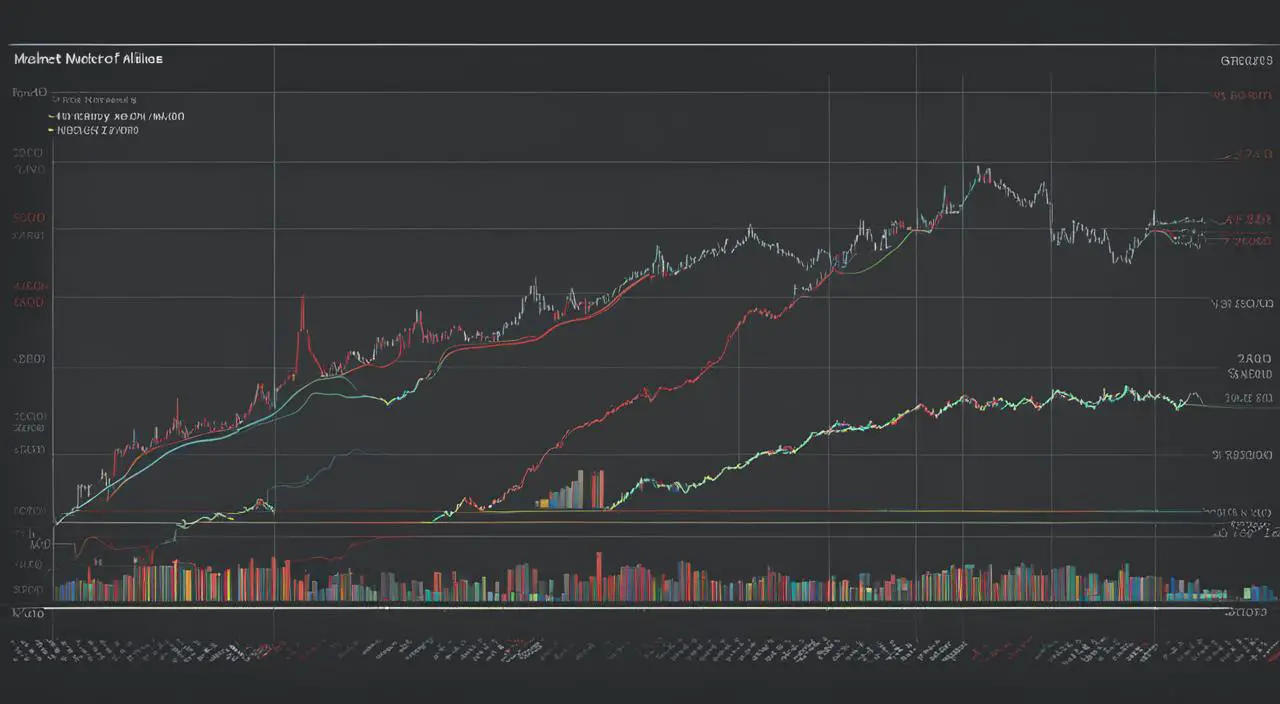

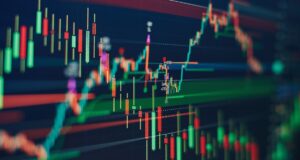
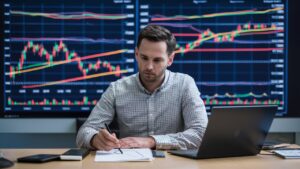


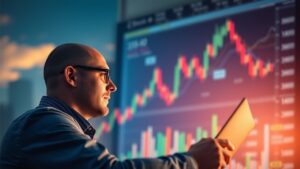

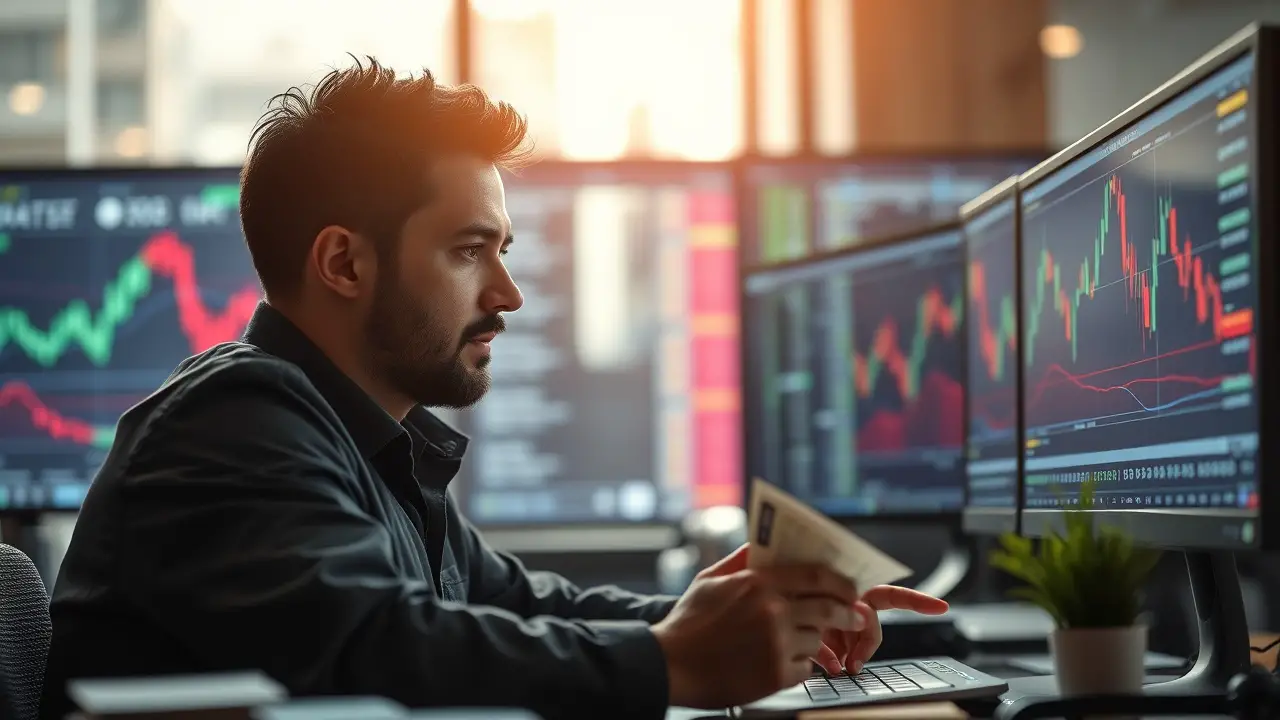

Leave a Reply